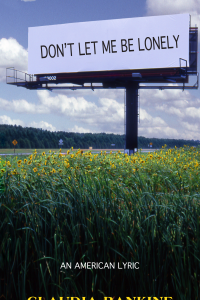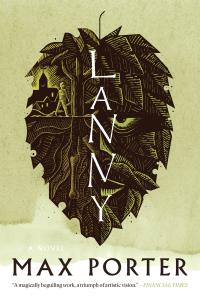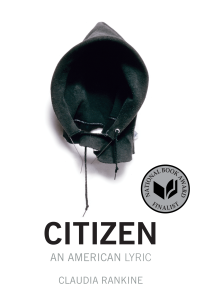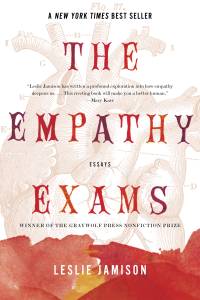This original, illuminating, and sometimes quite funny poetry anthology is primarily concerned with a fundamental and familiar question: How can we tell good poetry from bad? To illustrate precisely why these 101 poems, many of them well-loved classics, are so accomplished and remarkable, the prize-winning poet, author, critic, and veteran teacher Snodgrass herein rewrites them—wrongly. De/Compositions tellingly presents these rewrites next to the originals—by poets ranging from William Shakespeare to William Stafford—and thus we can more fully appreciate the artistry of these astonishing poems word by word, line by line, stanza by stanza. This book will appeal to anyone studying the craft and/or creativity that good poems demand.
"[These] de/compositions [are] fascinating. They'd be a wonderful teaching tool."—J. D. McClatchey, Yale University
"I read [these] de/compositions with pleasure and profit. They provide a wonderful tool for teaching both literature and creative writing."—Thomas Lisk, North Carolina State University (Raleigh)
"I think that every English teacher (literature and creative writing) should make [this] work mandatory. Up until reading [this book], I thought it was not really possible to 'explain' to students why great poetry is great."—Diane Goodman, Ransom Everglades School (Miami Beach, FL)
"[These de/compositions] are gruesomely revealing . . . They point toward, if not in all cases right into the heart of, the mystery of power in a poem. And what a good way to teach. And to meditate. And to school oneself."—Rosanna Warren, author of Stained Glass: Poems
"We looked at both [versions of] 'Richard Cory' in my creative writing class and the students were impressed . . . I think [they] learned a valuable lesson about showing over telling."—Sam Dodson, Tarleton State University (Stephenville, TX)
"The poems, good beside bad, stand alone and teach their lessons. What will this book do for readers? Make them laugh maybe, but it will also show them what makes a good poem and possibly help them to write some."—Library Journal





